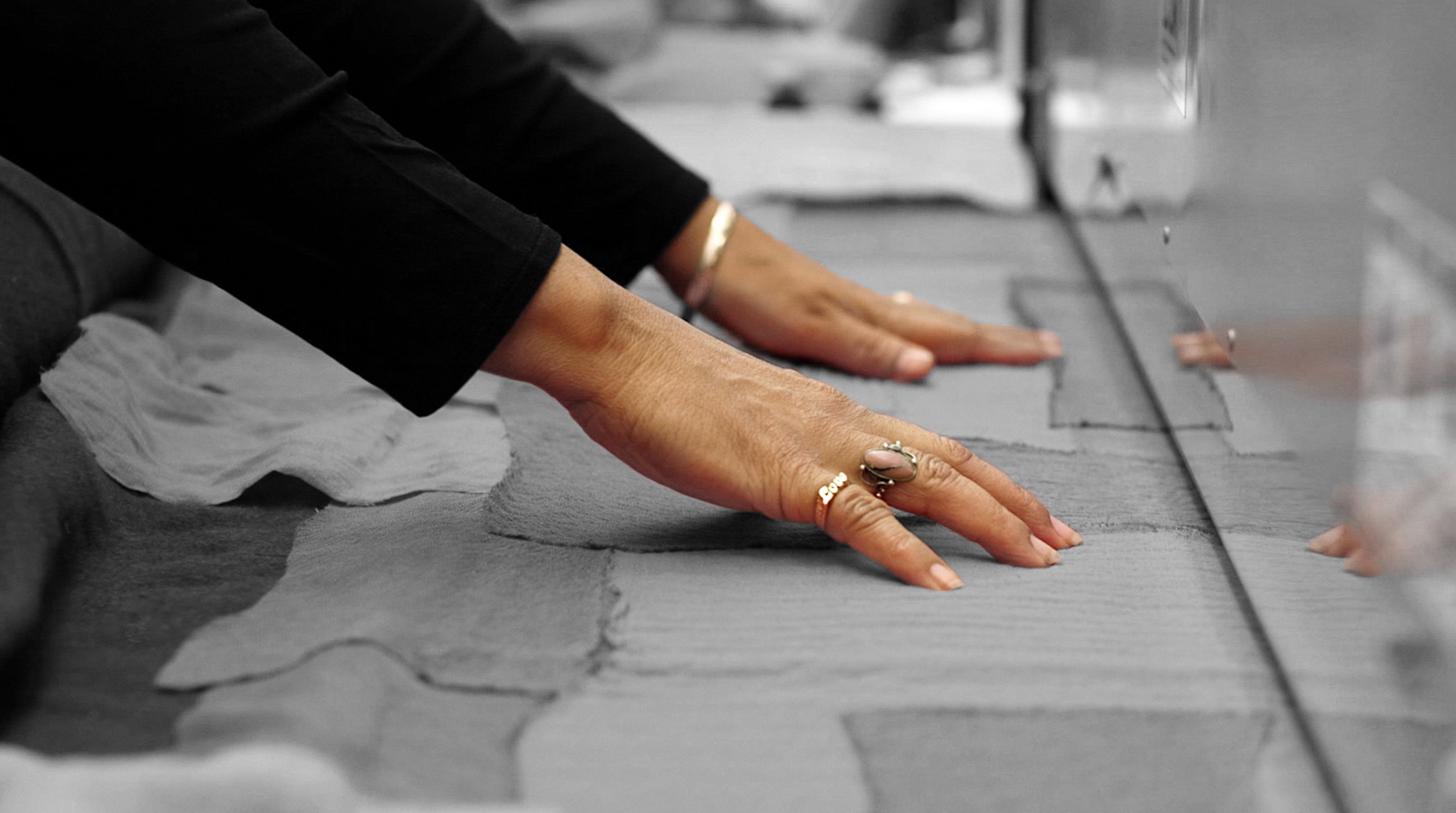Design for Durability
This circular design strategy refers to the physical, aesthetic and emotional longevity of a product.
The objective of this circular design strategy is to design products that are made to last, both because they can withstand extended use, wear and tear, and because they have long-term appeal.
To apply this design strategy, designers can;
- Carefully select high-quality, durable fabrics, construction, weaves, and trims that are appropriate for the purpose of the product and its intended use.
- Prioritise classic, timeless, iconic designs, that are not as susceptible to changing trends and can appeal to multiple wearers, over many years.
- Consider versatile, modular and adaptable designs, that can serve multiple functions and tastes over time
- Build emotional resonance and personal attachment between the products and consumer, by involving the customer in the design process, creating custom or personalised products, designing products that continue to delight and engage the user over time, or building a compelling narrative around the product.
- Incentivise proper care and maintenance of the product, during the use phase, by sharing guidance on garment washing and care, and making repair services available or accessible.

Eileen Fisher
What circular challenge / opportunity is the case study trying to address?
Eileen Fisher (EF) created the company in 1984 with a commitment to natural fibres and timeless design but now incorporates multiple circular fashion strategies into the business model. An ethos of designing based on user feedback early on resulted in improved quality and finish with garments being adapted to guarantee longevity. Today, that vision has paid off and her RENEW programme launched in 2019 pays customers $5 per item returned. Collected garments are given a 3rd life and resold generating an additional US$3 million in annual sales, reducing waste and reducing environmental impacts.
How does it work:
EF garments are designed according to sustainable and circular design principles, to ensure that even in their first life, they have a low environmental and social impact. Once the garments reach the end of their first life, a second life is made possible through an extensive take-back, repair and renewal programme, which prepares them for own-brand secondhand resale. Garments which cannot be renewed for resale are deemed to have reached their third life – these are remanufactured and recycled into high-value products.
Since founding, Eileen Fisher has prioritised simple and natural designs. Through the years, they made gradual improvements to reduce the environmental and social footprint of their design and production process. For instance, in 2006 EF joined the Organic Exchange and launched the first fair trade organic cotton knits from Peru. In 2013, their core silks received bluesign® certification for chemical, water and energy use, a first for a fashion company. Their dedication to better materials solidified in 2014, with the announcement of the VISION2020 – a commitment to use sustainable materials in 100% of our products by 2020. The same year, they became a B Corp, verifying that they meet high criteria for social and environmental performance, accountability and transparency. In 2018, EF became one of the first brands to introduce wool certified to the new Responsible Wool Standard.
However, EF also recognised the need to take responsibility for their garments beyond the point of sale and launched the Eileen Fisher RENEW take-back programme in 2009. Through the programme, consumers can return used EF clothing directly to stores or directly to the EF own-operated recycling centres which handle and process these preloved garments; the ‘Tiny Factory; in Irvington and the Seattle warehouse. The consumer will receive a $5 reward for each item. Each year 200,000 used garments are returned.
The received garments are sorted by hand and categorised according to quality: Perfect condition (40%), Not quite perfect condition (25%), Damaged and unsellable (35%). Perfect condition garments will receive a good-as-new cleaning from their partner, Tersus Solutions, using a closed-loop cleaning system that helps reduce the environmental impact by preserving water and electricity, capturing microfibers and extending the life of the clothing, before being resold directly online or instore at a discounted price. Not quite perfect garments will be reworked in-house using various techniques e.g. natural dyeing, felting and resewing. Damaged and unsellable garments may still be suitable for general reuse, through other channels e.g. donation to charitable causes. If not, these products are felted and regenerated via the Waste No More programme into new fabric, art, interior textiles etc.
The RENEW collection is available to buy at the two dedicated RENEW stores in Seattle and Irvington, 15 Eileen Fisher stores, seasonal pop-up events and warehouse events and through the RENEW online platform eileenfisherrenew.com powered by Yerdle Recommerce.


